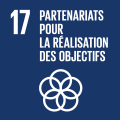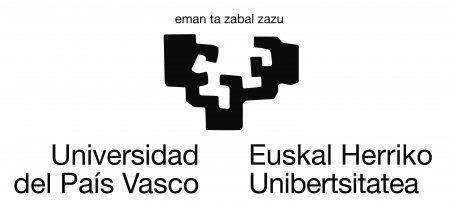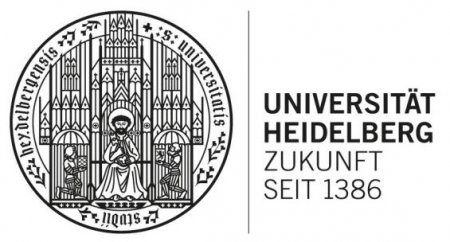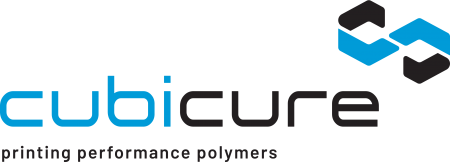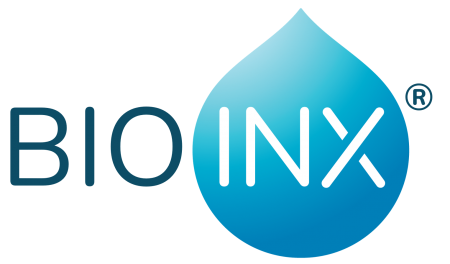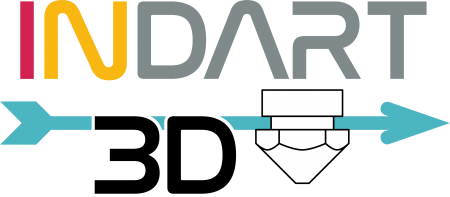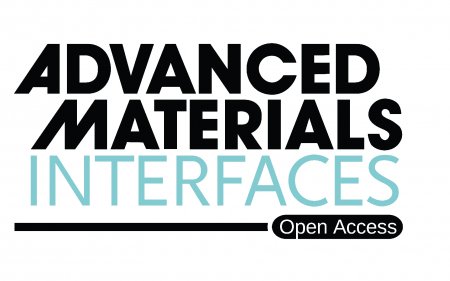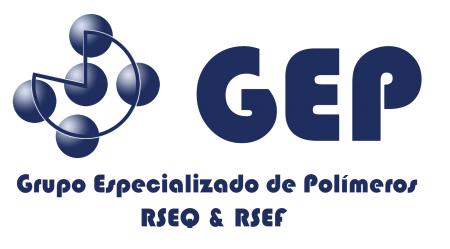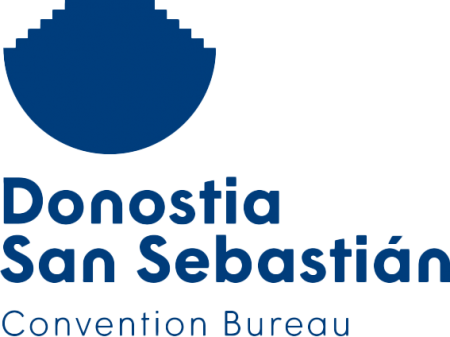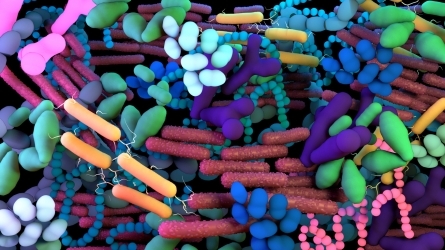
1st Edition Conference Series on Additive Manufacturing of Soft Materials
Join us in this five days conference with international speakers adressing the latest progresses on 3D Additive Manufacturing and its main impacts
Description
Objectifs
Focus on the aspects of additive manufacturing/3D printing which are operating a paradigm shift in production: reduce centralized inventory and production; producing parts with specific properties and personalized functionalities; minimizing waste generation and enabling multi-material combinations.
Build a discussion on the environmental impacts of new technologies during the development of smart sustainable materials of the future.
Assemble diverse communities of researchers from both academia and industry and create a wider dialogue.
Involve a diverse cadre of researchers in terms of fields (sustainability scientists, manufacturing engineers, entrepreneurs) and career stage.
Involve a young audience and speakers for the first day symposium, dedicated only to young researchers to facilitate the collaboration with a new generation of scientists working in AM technologies.
Provide a safe environment for sharing research and ideas through premier talks, poster sessions, social activities and common meals.
Activité s'adressant à
- Étudiants universitaires
- Professeurs
- Professionnels
Programme
Timeline
Directeurs

Haritz Sardon Muguruza
UPV/EHU
Prof Haritz Sardón is Professor in Polymat – UPV/EHU. He is an expert in polymer chemistry, focused on the synthesis of sustainable materials and the chemical recycling of mixed polymers. He has published more than 175 articles in peer-reviewed journals that have received more than 10000 citations with a H-index >55. He has supervised >9 post-docs, 11 PhD students and numerous master students. He is and has been involved in several European projects. Prof. Sardon works in close collaboration with international companies including IBM, BASF, Corbion, ElixPolymers, Wacker. Selected honours and awards include Prize of Excellence Young Researcher in Chemistry by the RSEQ (2021), ACS Macro Letters/Biomacromolecules /Macromolecules Award (2021), and Prize for Excellence of the Young Researcher in Polymers by the GEP (2020).
Conférenciers

Eva Blasco
Eva Blasco completed her doctorate at the University of Zaragoza (Spain). Then, with the an Alexander von Humboldt Postdoctoral Research Fellowship (2014), she carried out her research at the Karlsruhe Institute of Technology (KIT) in Germany. During this time, she spent a research stay in Brisbane (Australia) and subsequently worked as a group leader at KIT. In 2020, she was appointed Junior Professor at Heidelberg University and in 2023 she was appointed W3 Professor at the newly founded Institute for Molecular Systems Engineering and Advanced Materials (IMSEAM). She has published more than 100 publications and has been awarded several prizes. Furthermore, Prof. Eva Blasco is project leader (PI) and since 2023 co-spokesperson in the Cluster of Excellence 3D Matter Made to Order (3DMM2O). Her research interests include the development of new functional and sustainable polymer materials for 3D and 4D printing, especially on the micro- and nanoscale.

Emily Davidson
Emily Davidson is an Assistant Professor of Chemical and Biological Engineering at Princeton University. Her group’s research focuses on the directed assembly via 3D printing of nanostructured polymers, the assembly of liquid crystalline materials, and the development and depolymerization of sustainable polymers. Emily received her undergraduate degree in chemical engineering from MIT in 2010. From 2010-2012, she taught high school chemistry and physics through the Teach for America program. She then performed her graduate research at UC Berkeley (Ph.D. 2016) and UC Santa Barbara with Professor Rachel Segalman, followed by postdoctoral research (2017-2020) at Harvard University with Professor Jennifer Lewis. Emily has received several awards including the Scientista ‘Young Professional’ Award (2019), a DOE Early Career award (2022), and the Princeton School of Engineering Alfred Rheinstein Faculty Award (2023).

Timothy Long
Since 2020, Prof. Long has an interdisciplinary faculty position across the School of Molecular Sciences (SMS) and the School for Engineering Matter, Transport, and Energy (SEMTE) at Arizona State University (ASU) where he launched and now leads the Biodesign Center for Sustainable Macromolecular Materials and Manufacturing (BCSM3). In addition to over 440 peer-reviewed publications, his research awards include the 2023 3M Excellence in Adhesion Award, 2022 Paul J Flory Award, 2020 Virginia Outstanding Faculty Award and many others. His most recent research efforts address the need for tailored advanced macromolecules for advanced manufacturing (3D printing), including vat photopolymerization, direct ink write, binder jetting, powder bed fusion, and melt extrusion. His research ranges from controlled polymerization processes for block copolymers to high performance engineering polymers for emerging technology with a lens of earth sustainability.

David Mecerreyes Molero
POLYMAT
David Mecerreyes is an Ikerbasque Research Professor and Scientific Director at POLYMAT, University of the Basque Country in Spain. His actual research interests include the design of new polymers for applications in emerging technologies in energy, environment and bioelectronics. He has published over 400 peer-reviewed articles. His research interests include the design and additive manufacturing of ionic and electronic conducting polymers, redox polymers and ionic soft materials such as eutectogels. He serves as Associate Editor of the Journal ACS Applied Polymer Materials.

Haritz Sardon Muguruza
UPV/EHU
Prof Haritz Sardón is Professor in Polymat – UPV/EHU. He is an expert in polymer chemistry, focused on the synthesis of sustainable materials and the chemical recycling of mixed polymers. He has published more than 175 articles in peer-reviewed journals that have received more than 10000 citations with a H-index >55. He has supervised >9 post-docs, 11 PhD students and numerous master students. He is and has been involved in several European projects. Prof. Sardon works in close collaboration with international companies including IBM, BASF, Corbion, ElixPolymers, Wacker. Selected honours and awards include Prize of Excellence Young Researcher in Chemistry by the RSEQ (2021), ACS Macro Letters/Biomacromolecules /Macromolecules Award (2021), and Prize for Excellence of the Young Researcher in Polymers by the GEP (2020).

Sandra Van Vlierberghe
Prof. Dr. Sandra Van Vlierberghe is a leading researcher in the Polymer Chemistry & Biomaterials Group at Ghent University, Belgium. Her work centers around the development of photo-crosslinkable (bio)polymers and their processing through advanced (light-based) 3D printing techniques like DLP, VAM, and deposition-based methods. With over 290 publications and a Web of Science h-index of 51, she has supervised 40 PhD students (20 completed) and edited three books. She holds key roles in professional societies, including treasurer of the Belgian Polymer Group and council member of TERMIS-EU and ESB. Sandra is also president of the TERMIS-EU Communication and Outreach Committee and a founding board member of Ghent Advanced Therapies and Tissue Engineering. She received the prestigious Jean Leray Award from the European Society for Biomaterials in 2017.

Martin Wegener
After completing his Diplom and PhD in physics at Johann Wolfgang Goethe-Universität Frankfurt (Germany) in 1986 and 1987, respectively, Martin Wegener spent two years as a postdoc at AT&T Bell Laboratories in Holmdel (U.S.A.). From 1990-1995 he was professor at Universität Dortmund (Germany), since 1995 he is professor at Institute of Applied Physics of Karlsruhe Institute of Technology (KIT). Since 2001 he has a joint appointment as department head at Institute of Nanotechnology (INT) of KIT, from 2016-2022 he was one of three directors at INT. From 2001-2014 he was the coordinator of the DFG-Center for Functional Nanostructures (CFN) at KIT. Since 2018 he is spokesperson of the Cluster of Excellence 3D Matter Made to Order. His research interests comprise ultrafast optics, (extreme) nonlinear optics, optical laser lithography, photonic crystals, optical, mechanical, electronic, and thermodynamic metamaterials, as well as transformation physics.

Tao Xie
Tao Xie is Qiushi chair professor at the College of Chemical & Biological Engineering, Zhejiang University. He obtained Ph. D from University of Massachusetts at Amherst in 2001. He had since worked at the General Motors Global Research Lab and HRL Laboratories before returning to China in 2013. He is the inventor of over 80 patent and a recipient of Omnova Solution award (2001), R&D 100 award (2013), and Wang Baoren Award (2019, Chinese Chemical Society). He is a fellow of ACS PMSE division and an Associate Editor for ACS Applied Materials & Interfaces.
Tarifs inscription
| Matrícula | jusqu'au 31-08-2025 | jusqu'au 30-09-2025 |
|---|---|---|
| 575,00 EUR | 700,00 EUR | |
| 375,00 EUR | 500,00 EUR |
Lieu de l'événement
6 de octubre en Centro Carlos Santamaría / 7 al 10 de octubre en Palacio Miramar
Centro Carlos Santamaría, Plaza Elhuyar, 2. 20018 Donostia / San Sebastián / Palacio Miramar, Pº de Miraconcha nº 48. Donostia / San Sebastián
Gipuzkoa
6 de octubre en Centro Carlos Santamaría / 7 al 10 de octubre en Palacio Miramar
Centro Carlos Santamaría, Plaza Elhuyar, 2. 20018 Donostia / San Sebastián / Palacio Miramar, Pº de Miraconcha nº 48. Donostia / San Sebastián
Gipuzkoa
Objectifs de développement durable
Chez UIK, nous voulons contribuer à la réalisation des objectifs de développement durable (ODD) 2030. Pour ce faire, nous avons identifié les objectifs auxquels nos programmes contribuent. Vous pouvez vérifier les objectifs ci-dessous.
L'Agenda 2030 est le nouvel agenda international de développement adopté en septembre 2015 par les Nations Unies. Cet agenda se veut un outil pour favoriser le développement humain durable sur toute la planète. L'éradication de la pauvreté, la réduction de l'inégalité et de la vulnérabilité et la promotion de la viabilité constituent ses principaux piliers. Il s'agit d'une chance unique de transformer le monde jusqu'en 2030 et de garantir les droits de l'homme à tous.
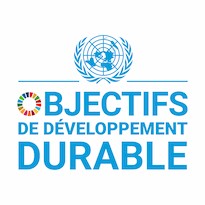
9 - Industrie, innovation et infrastructure
Mettre en place une infrastructure résiliente, promouvoir une industrialisation durable qui profite à tous et encourager l'innovation. Questions clés : infrastructures fiables, durables, résilientes et de qualité, industrialisation durable et qui profite à tous, modernisation, technologies et procédés industriels propres et respectueux de l'environnement, recherche scientifique et amélioration de la capacité technologique, accès universel des TIC.
Plus d'informations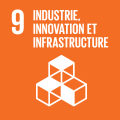
12 - Consommation et production responsables
Établir des modalités de consommation et de production durables. Questions clés : gestion durable et utilisation rationnelle des ressources naturelles, réduction des particules chimiques libérées dans l'air, l'eau et le sol, réduction des déchets, recyclage, réutilisation et réduction, pratiques durables, achat public durable, modes de vie durables, rationalisation des subventions aux combustibles fossiles qui sont source de gaspillage.
Plus d'informations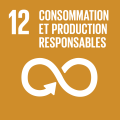
17 - Partenariats pour la réalisation des objectifs
Renforcer les moyens de mettre en œuvre et dynamiser le partenariat mondial pour le développement durable. Questions clés : mobilisation de ressources, consacrer 0,7 % du PIB à l'aide officielle aux pays en développement, dette extérieure, finances, coopération en matière technologique et d'innovation, technologies écologiquement rationnelles, création de capacités, système de commerce multilatéral universel, cohérence réglementaire et institutionnelle, disponibilité des données, suivi, indicateurs et reddition de comptes.
Plus d'informations